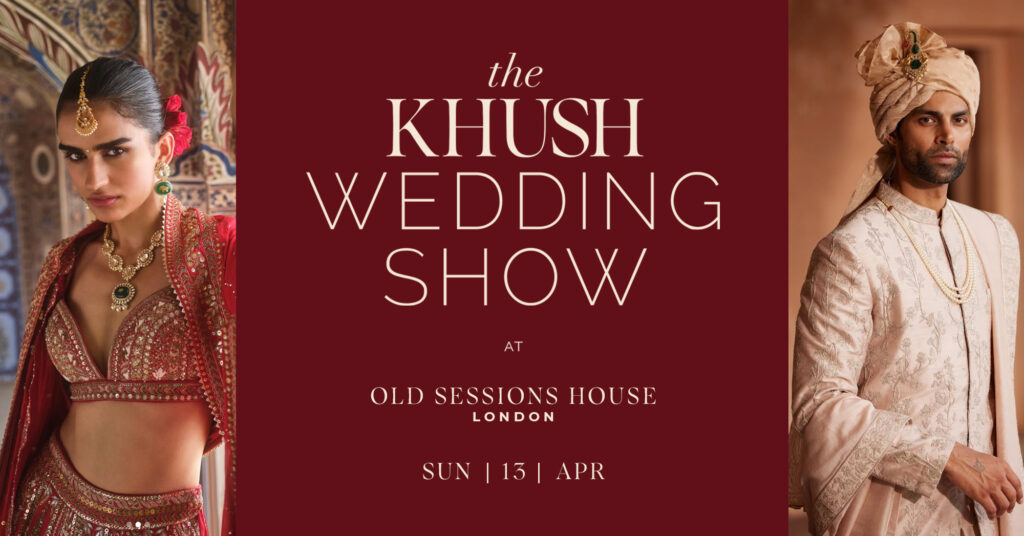In a world where technology has transformed how we communicate, work, and even find love, Gen Z is forging a path distinct from previous generations. The linear approach of love, marriage, and settling into a lifelong career is being redefined by a generation that values flexibility, self-discovery, and financial independence. Born between the mid-to-late 1990s and early 2010s, Gen Z has grown up witnessing global economic shifts, technological revolutions, and changing social norms that have shaped their perspectives on relationships, career ambitions, and financial planning.
As young adults, they are navigating an increasingly complex world, balancing the desire for meaningful relationships with aspirations for professional success and financial security. Unlike the generations before them, this generation is not willing to sacrifice one aspect of their lives for another; instead, they seek harmony, ensuring that love, work, and money align with their personal values and long-term goals. This shift is redefining the modern love story and transforming traditional expectations of marriage and commitment.
Love: Beyond tradition, rooted in intentionality
For Gen Z, love is no longer just about finding “the one” and settling down at a predetermined age. It is about mutual growth, shared values, and emotional well-being. Romantic relationships are approached with an increased sense of intentionality, with young couples prioritising emotional intelligence, communication, and compatibility. Unlike older generations, who often follow societal timelines for marriage, they take a more flexible approach, choosing to commit when they feel ready rather than adhering to external pressures.
Technology plays a significant role in shaping modern relationships. With dating apps and social media expanding the dating pool, young people now have more opportunities to connect with like-minded individuals. However, this increased accessibility also comes with challenges—an overwhelming number of choices, digital fatigue, and the need for deeper discernment. As a result, many of these younger couples are delaying marriage in favour of getting to know their partners on a deeper level through cohabitation, therapy, and open discussions about future aspirations.
Career ambitions: Chasing passion without sacrificing love
Gone are the days when a stable job and a steady paycheck were the ultimate markers of success. Gen Z values purpose, passion, and work-life balance, redefining what it means to have a successful career. Many are pursuing non-traditional career paths, freelancing, launching startups, and embracing the gig economy to maintain control over their professional lives. This shift enables them to integrate their careers with their personal lives rather than compartmentalising the two.
Dual-income households are the norm among these couples, and traditional gender roles are being redefined. With both partners often prioritising career growth, relationships are built on mutual respect and support rather than one partner taking on the primary financial responsibility. Work-life balance is a significant priority, and young professionals are advocating for remote work, flexible schedules, and mental health considerations to ensure that their relationships thrive alongside their careers. Moreover, they recognise that their professional identities are not static. Many individuals switch careers multiple times in search of fulfilment, often supporting each other through these transitions. Love and ambition are no longer seen as competing forces but rather as complementary aspects of a fulfilling life.
Financial goals: A pragmatic and forward-thinking approach
Unlike previous generations who often viewed marriage as a financial milestone, Gen Z approaches money with a greater sense of independence and responsibility. Having witnessed economic downturns, rising student debt, and an unpredictable job market, financial literacy is a top priority for this generation. Rather than relying on a partner for financial security, they value personal financial independence and see open discussions about money as essential to a healthy relationship. Budgeting, investing, and saving for the future are common topics of conversation for young couples. Many younger individuals are proactive about building wealth through diverse income streams, smart investments, and frugal spending habits.
Instead of extravagant weddings, there is a growing preference for cost-conscious, intimate ceremonies that reflect their personalities and values. Destination elopements, micro-weddings, and sustainable celebrations are on the rise, allowing couples to allocate their resources toward long-term financial goals rather than a single lavish event. Financial planning also extends to joint decision-making, with partners working together to manage expenses, plan for homeownership, and prepare for financial stability before making major commitments. Prenuptial agreements, once considered taboo, are now seen as a responsible step toward protecting individual assets and ensuring transparency in relationships.
The future of love and commitment
As Gen Z navigates love, career ambitions, and financial goals, they are proving that balance is not about making trade-offs but about creating a life that seamlessly integrates all these elements. The traditional blueprint for relationships has been replaced by a more fluid and self-aware approach, where personal fulfilment takes centre stage. Marriage is no longer seen as a necessity but as a meaningful choice rooted in compatibility and shared vision. Financial independence is a joint effort, with couples prioritising transparency and future security.
Career ambitions are not confined to rigid corporate structures but are designed to align with personal lifestyles and values. Together, these shifts are setting a precedent for future generations—one where love is intentional, ambition is nurtured, and financial wisdom is embraced. For wedding planners, relationship experts, and anyone catering to this evolving landscape, understanding these shifts is essential. The weddings of couples will be deeply personal and reflect their unique journeys, just as their relationships will be built on a foundation of emotional and financial intelligence.
By embracing this new paradigm, we can appreciate the modern love story for what it truly is—a blend of passion, purpose, and pragmatism, where love and life thrive in harmony.














